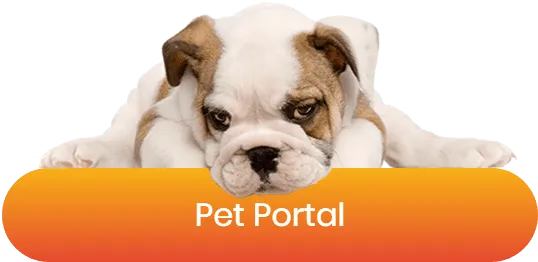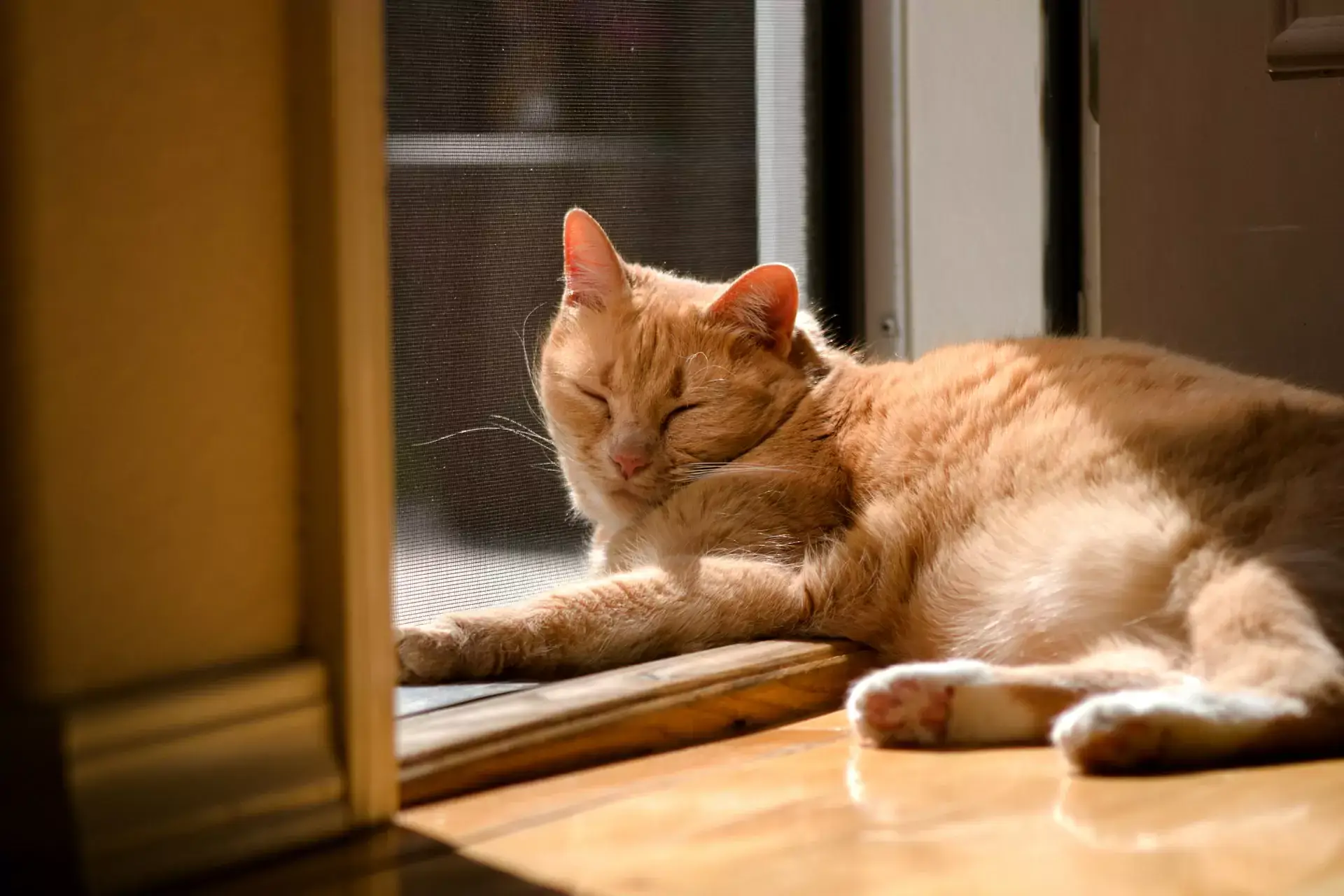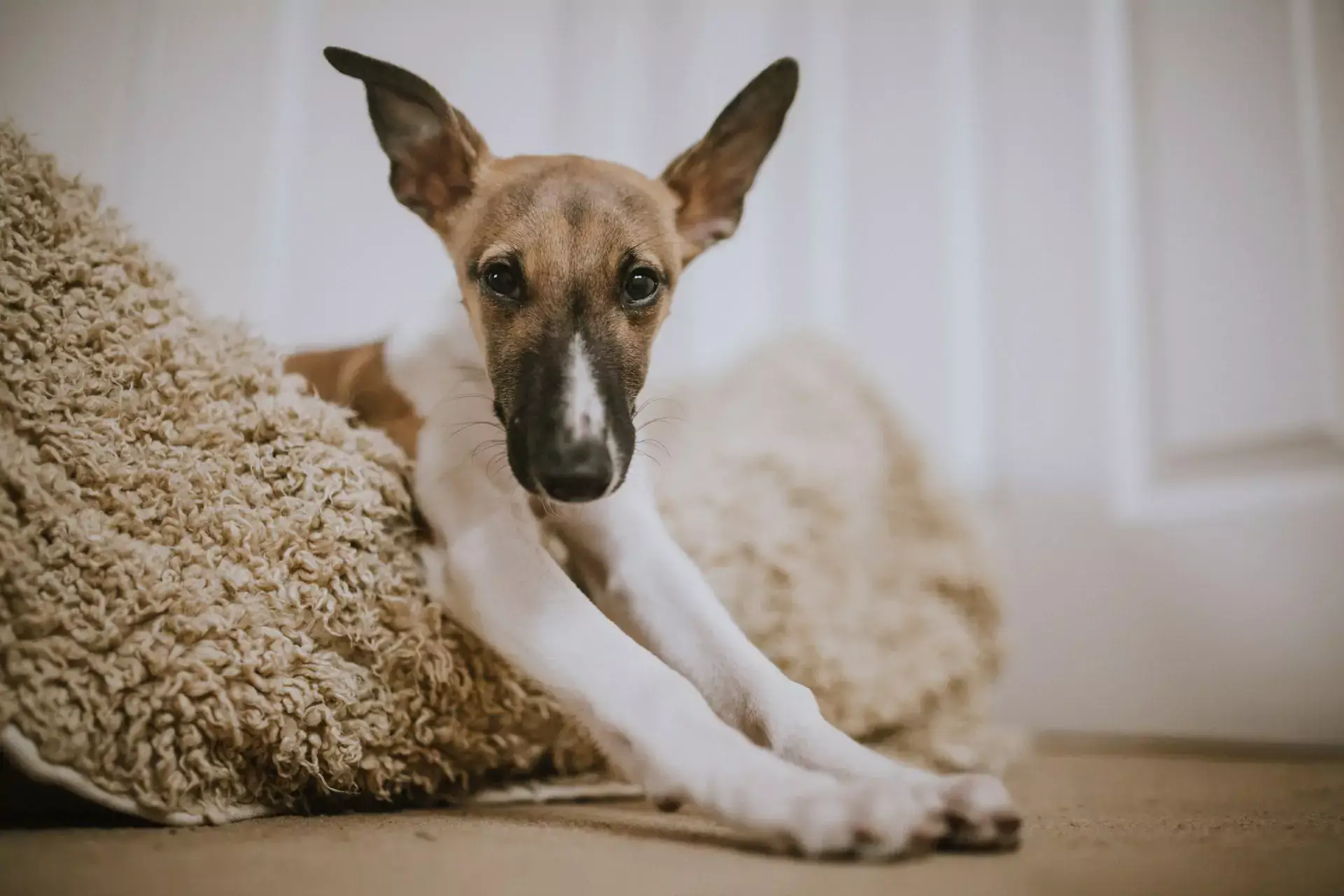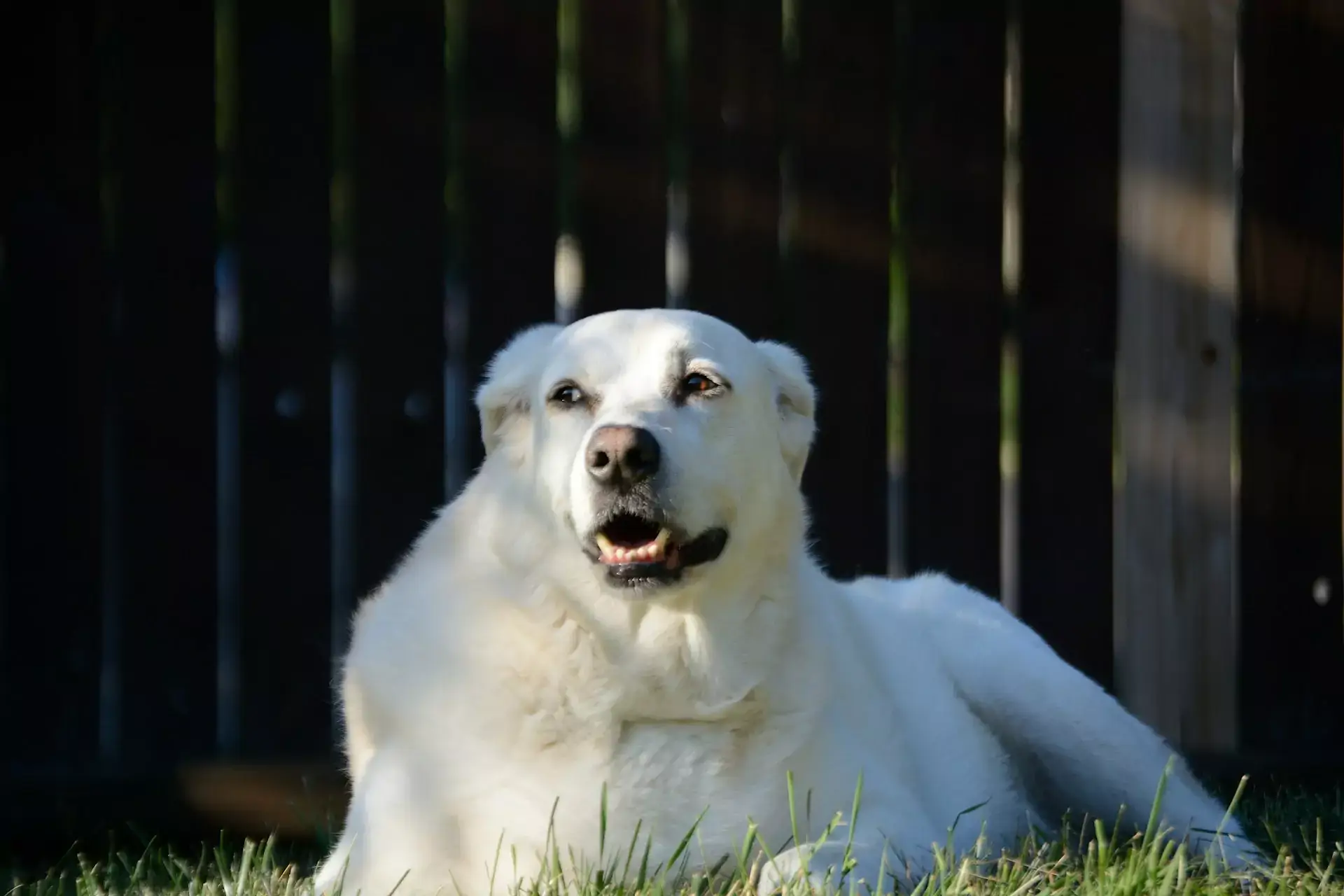Kitty Emergencies
Does your feline buddy have a kitty meltdown whenever she spots the bottom of her food bowl? This is a pretty serious problem, as far as Fluffy is concerned … even if she did just have her third breakfast an hour ago. Empty food bowls aren’t the only thing that will send your cat into a state of kitty panic, however. A local Fort Myers, FL vet lists some of the other ones in this article.
Territory Invasion
Have you ever spotted your cat staring out the window, perhaps hissing, growling, or clicking her teeth at something? This is Fluffy’s ‘intruder alert’ stance. If the kitty next door is in your furball’s yard, it’s probably safe to say that your feline pal is going to feel very defensive and territorial. Birds and squirrels, on the other hand, will activate your furball’s inner lion.
Moth Intrusion
Another thing that will get Fluffy going from 0 MPH to, well, 2MPH, in a moment is the appearance of an intruding, unauthorized critter. This could be a moth, bat, mouse, or even a snake. Your faithful pet will spring to action to protect you from the invader … or maybe just bat at it for fun.
Nap Disruption
Cats are very, very serious about their beauty rest. If you have to move your furry friend mid-nap, don’t be surprised if you hear a little meow of protest. Fluffy may also give you a dirty look. Huge faux paws!
Household Noise
It’s not exactly surprising that cats prefer their kingdoms be kept quiet. After all, they spend a rather ridiculous amount of time sleeping. If you make noise in the kitchen, expect Fluffy to immediately hightail it out of the room. The vacuum cleaner may also send your kitty into a tizzy.
Car Rides
We do everything that we can to make appointments easy on our feline patients. However, one thing we can’t do much about is the car ride. Most kitties are definitely homebodies who prefer staying in! (Sorry, Fluffy: it’s for your own good.) If your furry buddy melts down in the car, keep the window cracked and play soothing music on the radio. Pet-calming pheromones may also help. Ask your vet for specific advice.
Our Advice on Kitty Emergencies in 2024
What are common causes of kitty emergencies related to their food bowl?
In our experience as a vet, common kitty emergencies related to their food bowl often stem from two scenarios: overeating and food scarcity anxiety. Cats who overeat might face digestive issues or obesity-related health problems. On the other hand, cats who perceive their food bowl as empty – even momentarily – can experience stress or anxiety. This is especially true in homes with multiple pets where competition for food exists. Consistent feeding routines and monitoring food intake are crucial. In case of any changes in behavior or food-related issues, you should consult a veterinarian to ensure your cat’s health and well-being.
How do cats react to territorial invasion, and what triggers this behavior?
As a veterinary expert, we know cats are instinctively territorial animals. When they perceive an invasion of their territory, such as another cat entering their space or seeing unfamiliar animals outside, their reaction can vary from mild interest to aggressive behavior. Common signs include hissing, growling, puffing up their fur, and sometimes urinating to mark territory. This behavior is triggered by their instinct to protect their area from perceived threats, ensuring their safety and access to resources. Cat owners must understand and manage these behaviors, especially in multi-pet households or areas with outdoor wildlife.
What types of intruders can cause a cat to become alert and active?
In our veterinary practice, I’ve observed that various intruders can trigger a cat’s alertness and activity. Common culprits include smaller creatures like moths, mice, or even insects. Cats are natural hunters, so their instincts kick in when they spot these critters. Larger animals, such as neighborhood cats or dogs invading their territory, can also provoke a response. Indoor cats may react to perceived threats like unfamiliar people or even new pets in the home. Each cat’s reaction varies based on their personality and past experiences, but these are typical triggers for heightened alertness and activity.
How do cats typically respond to nap disruption?
As a vet, I’ve observed that cats, who cherish their naptime, often respond negatively to being disturbed while sleeping. Typically, a cat’s reaction to nap disruption can range from a mild, vocal protest, like a meow or a grumble, to a more pronounced display of annoyance, such as swatting or hissing. Some may give a disapproving look or move away to find another spot to continue their nap. Cats value their sleep greatly, and frequent disturbances can lead to stress or behavioral changes. It’s important to respect their need for uninterrupted rest.
How do cats generally react to car rides, and what can be done to ease their stress during travel?
In our experience as a veterinarian, most cats are not fond of car rides. They often react with anxiety or fear, manifested through meowing, panting, or even attempting to hide. This is primarily due to the unfamiliar motions and sounds. Start with short, gradual trips to acclimate them to the vehicle to ease their stress. Using a secure, comfortable carrier lined with a familiar blanket helps. Playing soft music and using pheromone sprays can also be calming. For extreme cases, consult your vet about medication or specialized training to make travel less stressful for your feline friend.
Please contact us if you have any questions about your kitty’s health or care. As your Fort Myers, FL pet hospital, we are here to help!





